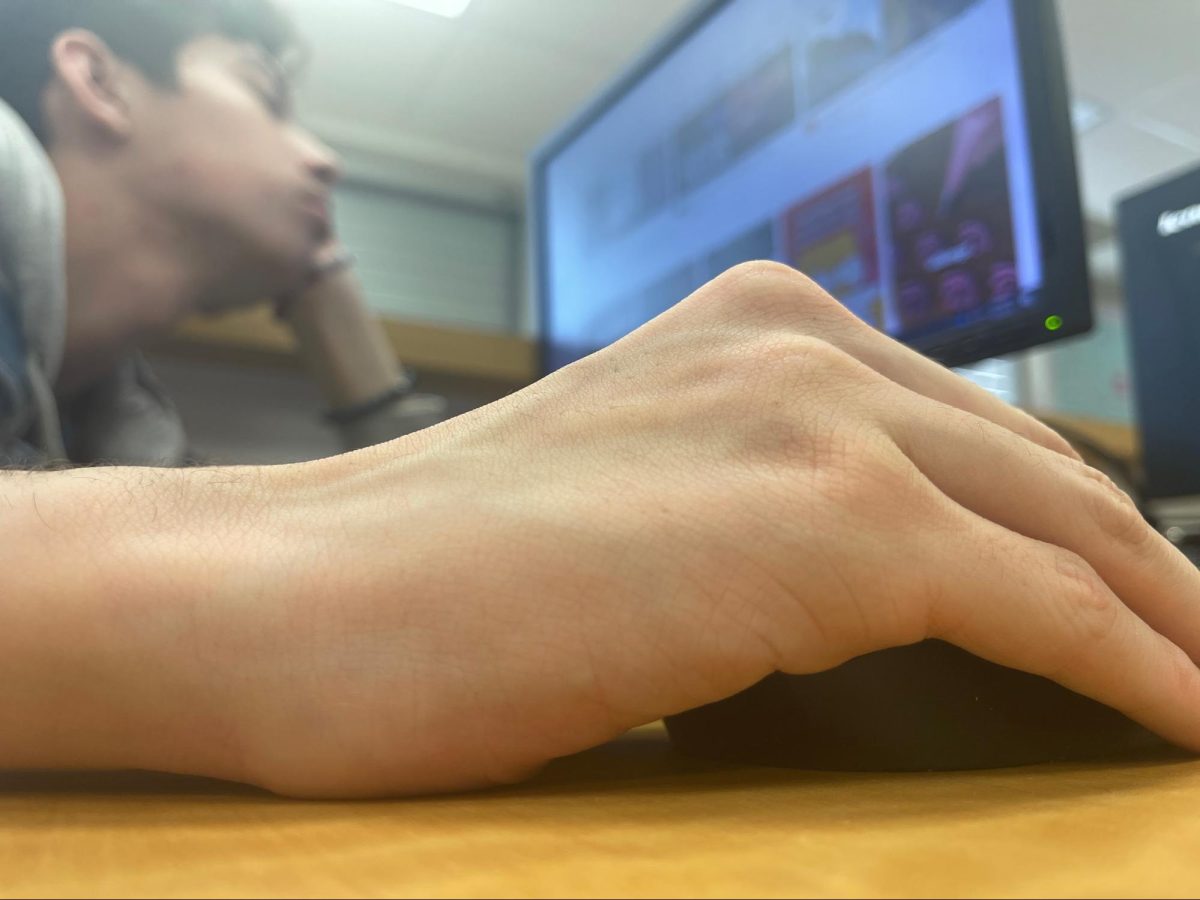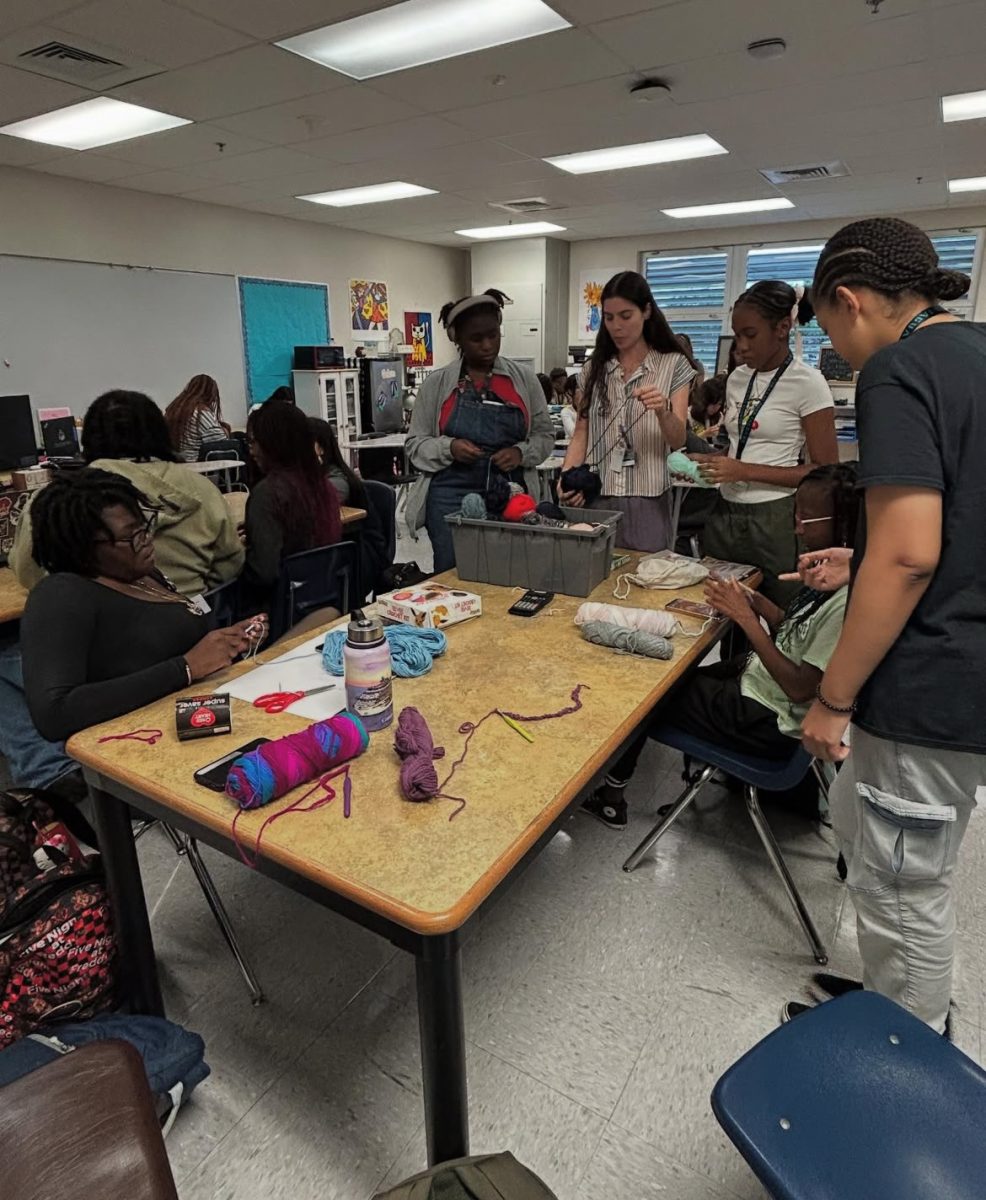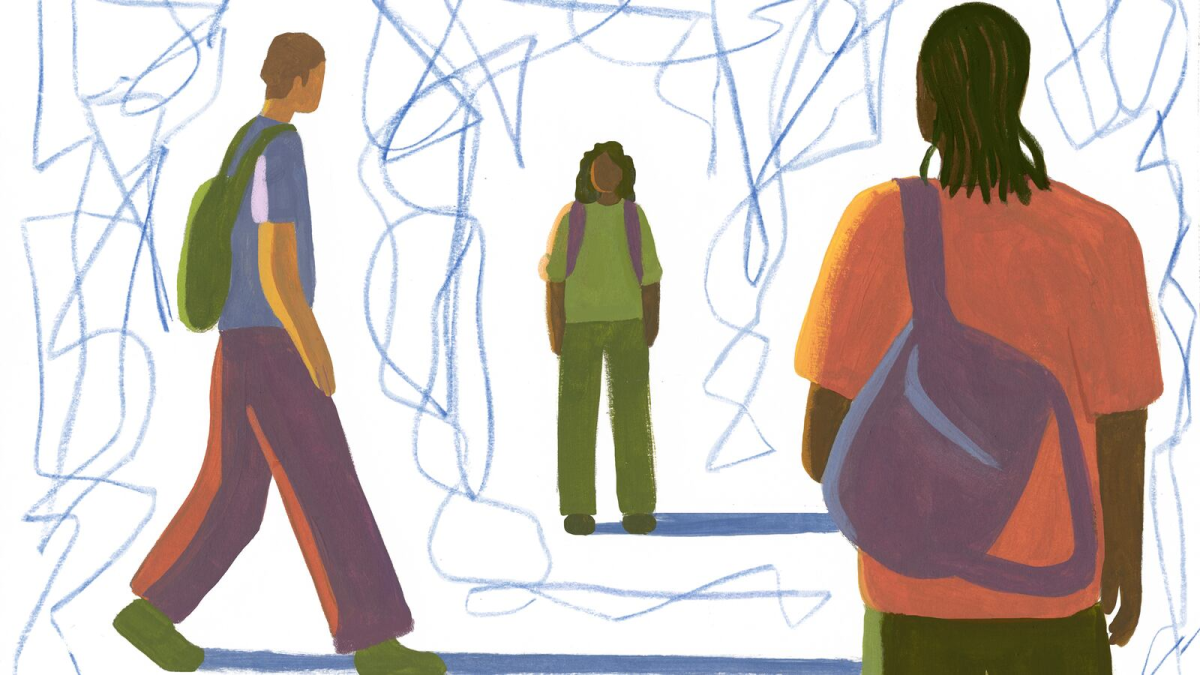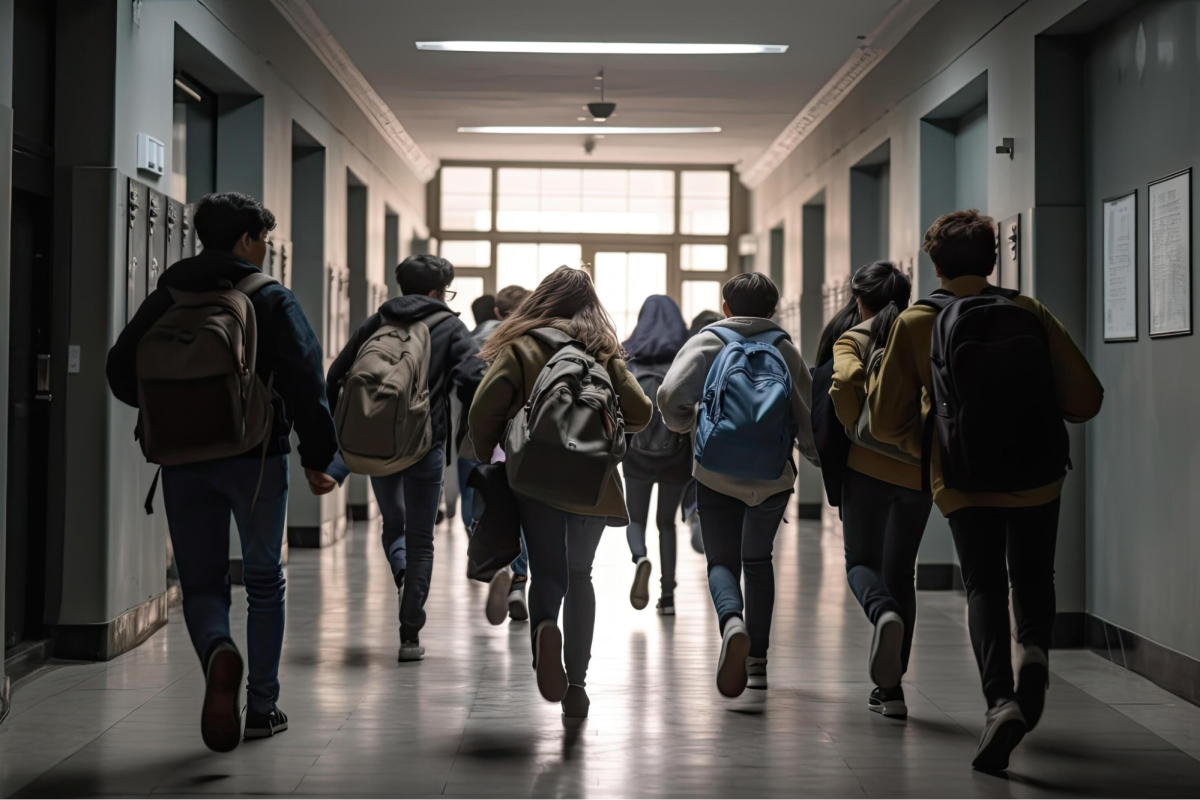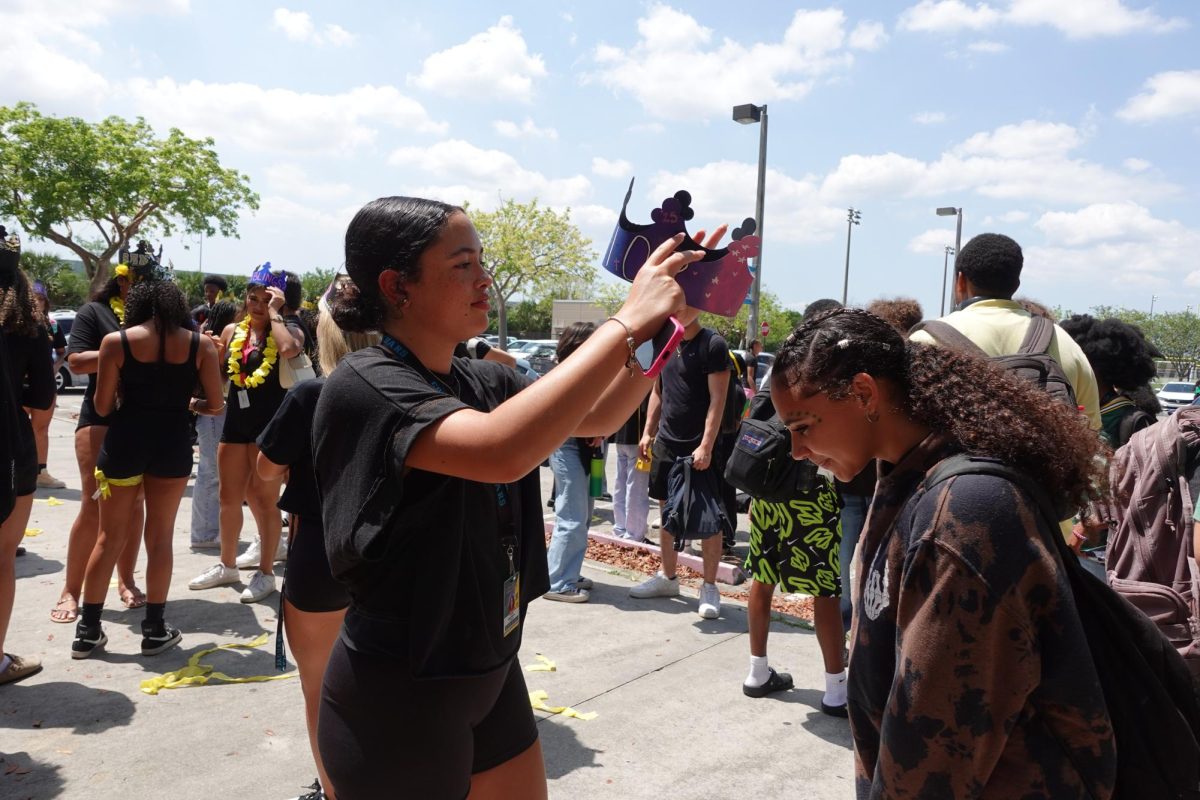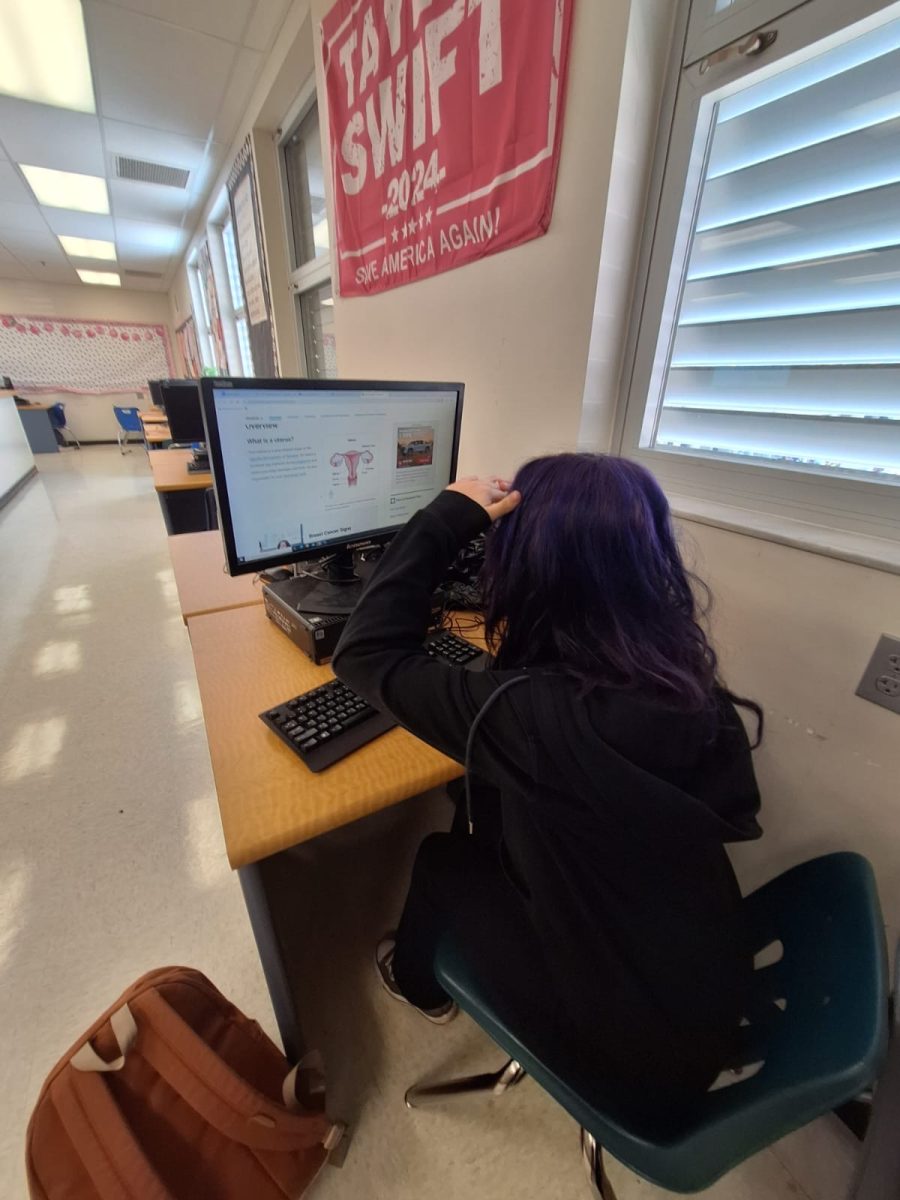In American high school culture, especially in the media, sex ed has become a sort of memorable trope. It is a moment for awkward tension and funny moments with a polished school set in the background. But for Florida public schools, it is becoming a thing of the past. Instead, the school district of Palm Beach County will squeeze it into other courses like science and biology, not offering a specific class for sexual education.
Sex education is not currently mandated in Florida, which means that school counties can decide the extent of education offered. In recent years, the standard tends to fall under “emphasizing abstinence” from pressure from state officials who have called certain lessons on contraception, anatomy, abuse and consent inappropriate for students. Notably, Republican Governor Ron DeSantis, who directs some of the state’s largest school districts.
Officials from the Florida Department of Education (FDOE) have explicitly urged school districts across the state to cut back on the discussion on any topics relating to sexual activity. Recent changes to state law require the FDOE to review and approve school districts’ curriculum regarding reproductive health, and whether materials other than the state’s designated textbook are allowed. Palm Beach County, for one, has fallen victim to these regulations.
Recent reports reveal that the Palm Beach County school district has in fact, scrapped its sexual education curriculum, due to the county’s failure to gain the approval of the FDOE. What once was a week-long course covering the topics of consent, pregnancy, disease prevention, and online safety, is no longer available to students of the Palm Beach County school district. Instead, the district is relying on its science curriculum to cover any necessary information. Students are expected to learn about these topics solely through biology and health elective classes. Anything not covered in the curriculum simply will not be taught during instructional minutes.
Many parents argue that sex education goes against the religious faith of many students and that the responsibility of teaching children belongs to the parents. Another prominent argument is that some students are not physically or psychologically ready for the material, a position advocated for by many of Florida’s representatives.
However, researchers and scientists agree that comprehensive sex education helps lower the risk of STIs and unplanned pregnancy among young people. Newer studies show that comprehensive sex ed makes sex less frequent and can help prevent sexual violence, physical dating violence, bullying, and suicide.
But what do the students think?
“I think it’s necessary for children to learn about sex-ed in schools. If you don’t want your kids in school’s sex education, you should sign them out of it. We’ve always had those. Just because you don’t want it doesn’t mean everybody does.” Said Ronan Tucciarone, a Glades senior.
“Honestly, getting rid of these programs seems pretty dangerous,” says Lauren Saddler, a sophomore. “Students are going to be missing out on fundamental information without these vital courses, potentially putting their safety at risk.”

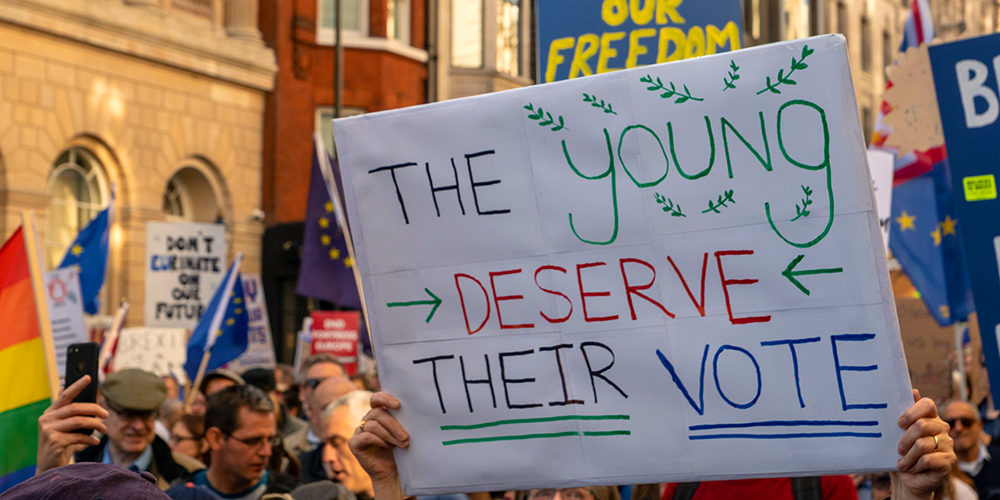
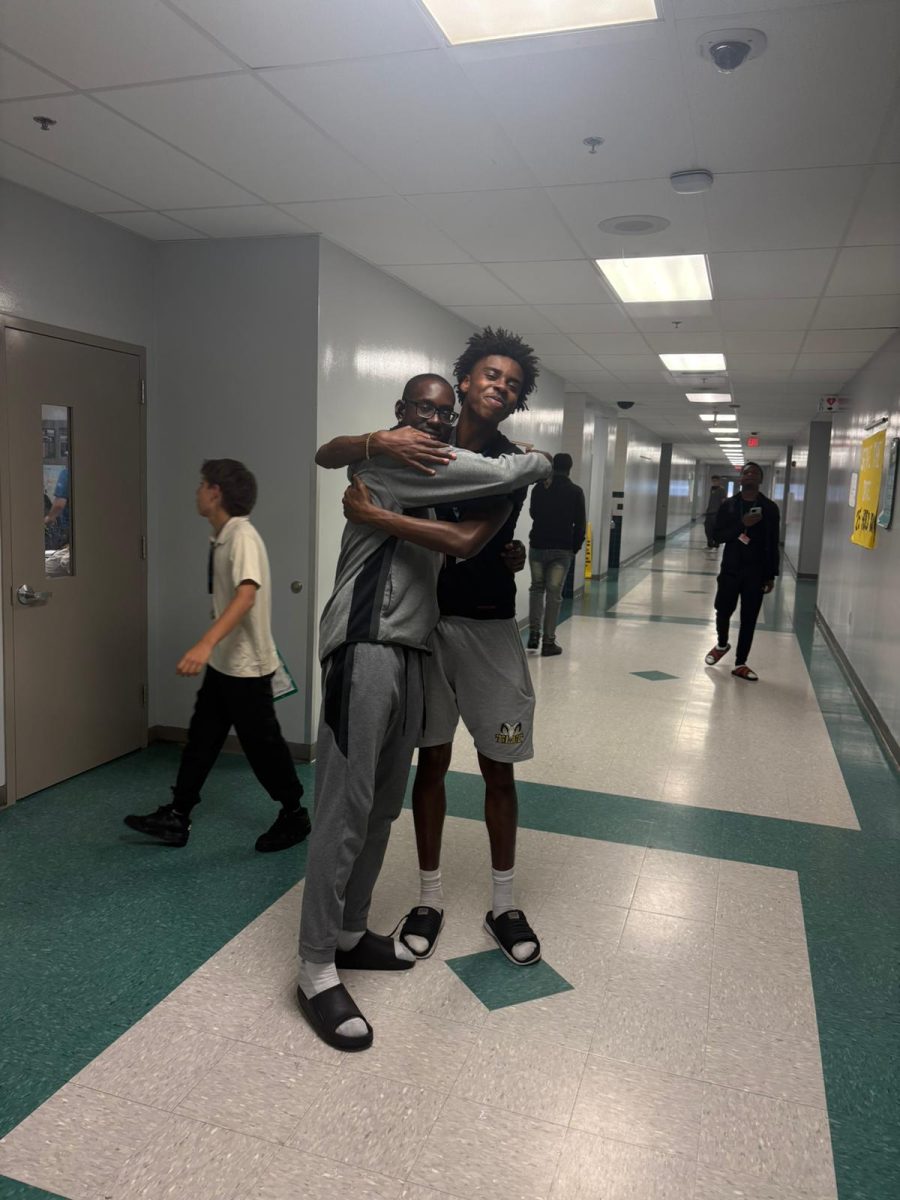


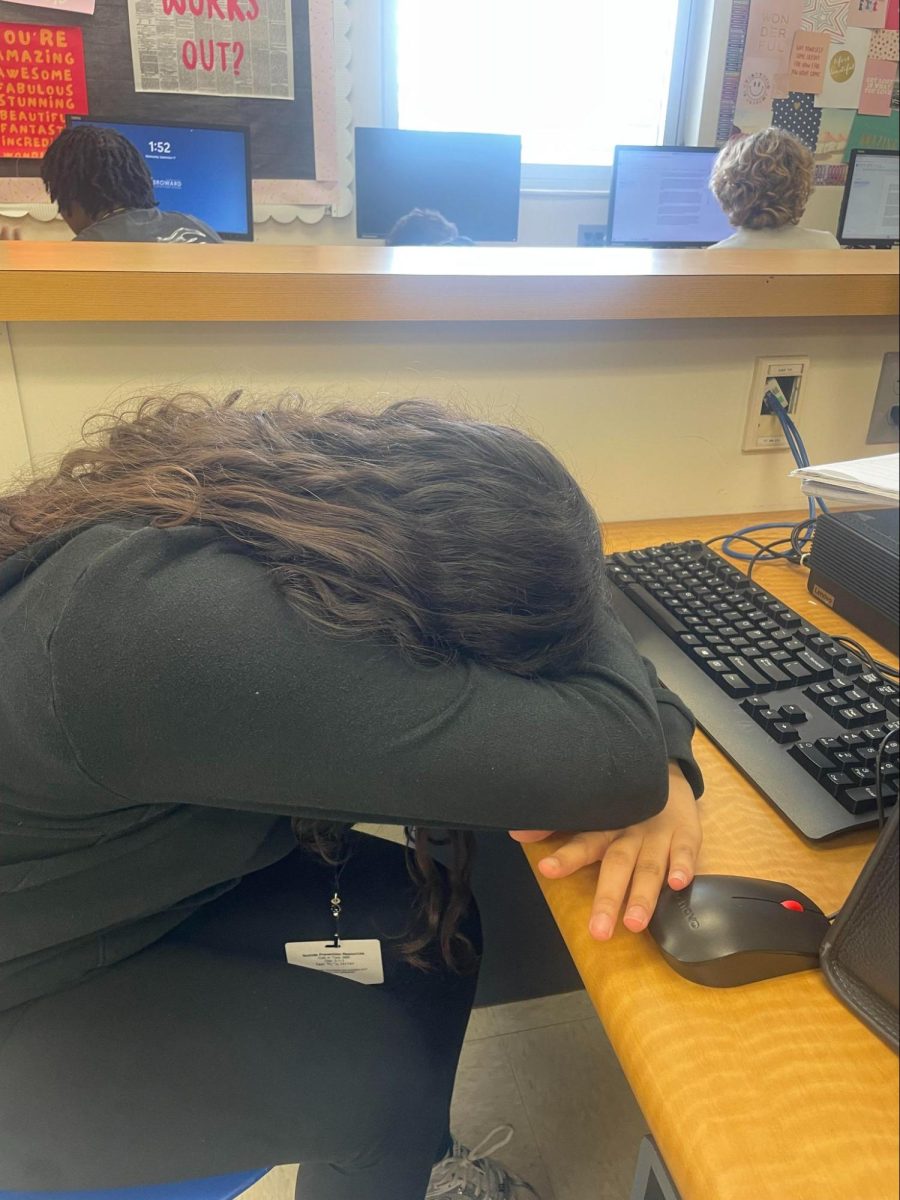


![[Photograph of an Italian sandwich] Photo Creds: https://www.thepioneerwoman.com/food-cooking/recipes/a42398453/italian-sandwich-recipe/](https://cghstheprowl.com/wp-content/uploads/2025/10/image1.png)








